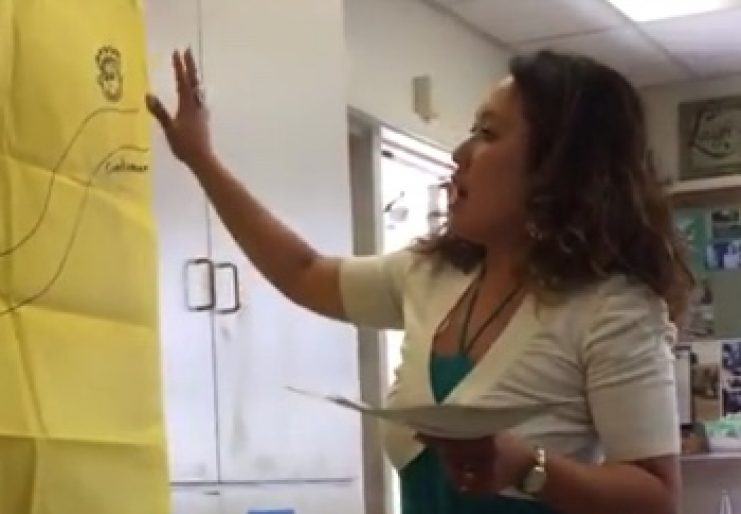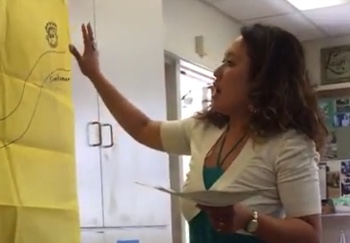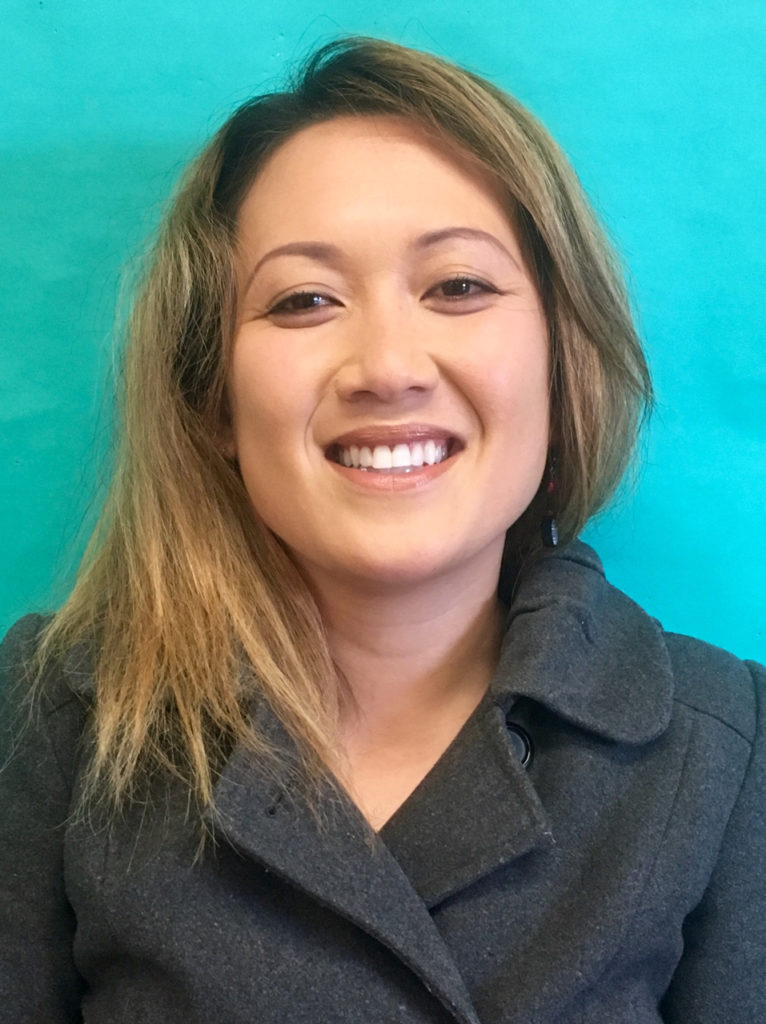
Mandates vs. Meaningful Learning
I am an instructional coach in an urban East Bay district where nearly one in three of our students are English Learners (EL). At the outset of this year, the teachers at the three school sites whom I coach had been trained in the “English Language Achieve” curriculum. It was clear to me, however, that in order to realize real gains for our students, their teachers would need further support understanding how to effectively organize and implement instruction for the English Learners in their classrooms. How I could provide this support was not clear to me at first. Through the Lead by Learning Coaching Inquiry Network, I was able to better understand how my role as an instructional coach could help lead to improved outcomes for our EL students.
Teresa is a fourth-grade teacher, one of the many teachers I support as a Teacher on Special Assignment. One of my assignments this past year was to provide integrated and designated English Language Development (ELD) coaching in the classroom at Teresa’s school and two others. I knew that I would need help from my Coaching Inquiry Network colleagues to stay focused on this task and to keep the data collection process reasonable. The Lead by Learning facilitators and my peers in the course encouraged me to focus on just a few of my questions, keeping in mind that my goal was to learn more about how ELD was being implemented at my school site:
- When was Integrated and/Designated ELD being taught?
- What opportunities did English Language Learners (ELL) have to practice language?
- What is the level of understanding of ELD implementation by teachers?
A walk-through team that consisted of our site’s principal, vice-principal, site TSA and myself collaboratively developed a schedule to observe grade-level teams of classroom teachers during their designated ELD time. Observing these lessons provided the initial data I needed to answer these inquiry questions.

Shared Learning
The conversations that our walk-through team engaged in after the observations proved crucial in building our shared understanding of how to best support teachers to provide integrated and designated ELD instruction in their classrooms. We conducted follow-up conversations with the classroom teachers about their designated ELD lessons, that provided additional data around what teachers understood about ELD instruction implementation and the support that they needed moving forward.
A crucial learning moment for me occurred when having a conversation about the difference between integrated and designated ELD instruction with one of our teachers. I realized that teachers needed more planning support and practice with ELD instruction to increase their confidence responding to their English Learners’ needs. The data we collected from teacher conversations, lesson observations, and our debrief conversations confirmed my belief about the importance of considering adult learning in the process of implementing new ELD lessons.
The support for each classroom and each teacher would not be a one-size fits all design. In order for Teresa and her colleagues to implement ELD instruction effectively and consistently, they would need to develop their sense of self-efficacy.
Promoting Self-Efficacy
The teachers on site helped me understand that in order for a teacher to feel efficacious at creating, delivering, and reflecting on ELD instruction, they needed the following:
- time to assess their students, to learn their strengths and needs
- time to use their assessment data to plan differentiated ELD lessons based on their students’ strengths and zone of proximal development (ZPD)
- support from colleagues and coaches for feedback on lessons and ideas
- time to collaborate with colleagues and coaches to reflect on strengths and needs of ELD lesson implementation
- opportunities where they find their work with ELD instruction implementation meaningful
- to feel joy when creating, delivering, and reflecting on ELD lesson instruction implementation
When teachers have this support, they feel successful and efficacious. Some require time and money that isn’t always afforded at our school site, so as in any leadership effort we know we will have to make some hard choices. However, this process confirmed for me that when we can establish and sustain a professional learning community, everyone – especially our students – wins. Going forward, one of my many ongoing tasks will be to keep working to provide teachers with the collaborative learning spaces that they (and I) need.

Fleur McJilton is a District TSA with San Lorenzo Unified. She supports teachers and school leaders to implement best practices in the service of improving student outcomes.
